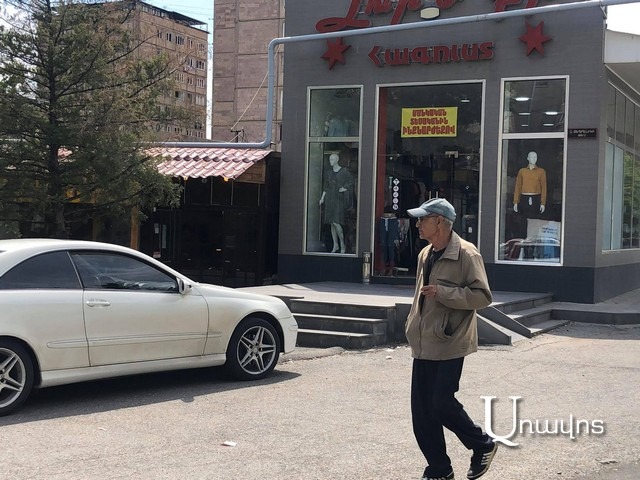The State of Emergency Command lifted many of the state of emergency restrictions on May 4th. People no longer need to carry identification papers with them when they go out. Restaurants, cafes, clothing stores, and most businesses were allowed to open.
The condition for lifting these restrictions was that people needed to uphold the rules for preventing the spread of the novel coronavirus, which include social distancing, wearing protective gloves and masks, washing their hands frequently, and more.
Read also
Ten days after, Prime Minister Nikol Pashinyan personally noticed that people are not upholding these conditions.
During a live video, the Prime Minister said, “Today, I saw people shaking hands to greet one another and people standing very close to each other. This is a huge problem. If we continue like this, we will end up dealing with a huge crisis. If this continues and we continue to have the same trend in the number of cases, we will be forced to impose restrictions again.”
This is not the first time that Pashinyan has called upon citizens to follow the rules. He also spoke on Thursday about how we can all avoid this situation by taking on personal responsibility.
However, it seems hopeless to trust citizens’ sense of responsibility. In any case, Aravot Daily’s cameras found people in huge lines near stores and banks in Yerevan without masks and standing very close to one another after these restrictions were lifted. They were not social distancing at 1 meter, but at 10 centimeters, maybe.
Meanwhile, every day, the number of new cases increases by the hundreds. The government is already discussing the possibility of imposing harsher administrative punishments. Perhaps citizens will then uphold the rules in order to protect their own wallets.
Nelly Babayan
“Aravot” daily
14.05.2020





























































